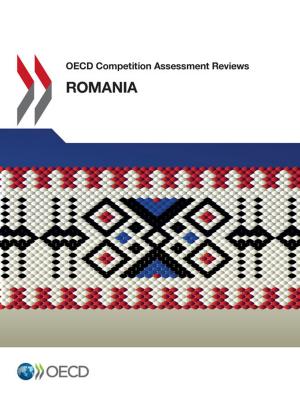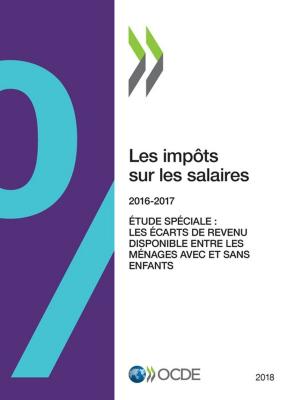Performance-based Funding for Public Research in Tertiary Education Institutions
Workshop Proceedings
Business & Finance, Business Reference, Education| Author: | Collective | ISBN: | 9789264094611 |
| Publisher: | OECD | Publication: | December 14, 2010 |
| Imprint: | OECD | Language: | English |
| Author: | Collective |
| ISBN: | 9789264094611 |
| Publisher: | OECD |
| Publication: | December 14, 2010 |
| Imprint: | OECD |
| Language: | English |
Governments are seeking to channel research funds into universities and other institutions in ways that support high-quality research in strategically important areas and bolster effective knowledge diffusion. These issues of steering and funding have even more relevance in light of the current financial crisis and economic downturn which have seen severe fiscal pressures fall on many countries.
This publication presents a collection of papers presented at an OECD workshop on performance-based funding of public research in tertiary education institutions. It takes stock of current thinking and practice around performance-based funding of public research in tertiary education institutions, as a tool to help governments meet their research goals. These funding models are essentially systems of ex-post evaluation of research outputs and outcomes from universities and other tertiary institutions, and are generally based on peer review, bibliometric or other quantitative indicators. Their results are used to inform government decisions about how much and which institutions to fund.
Governments are seeking to channel research funds into universities and other institutions in ways that support high-quality research in strategically important areas and bolster effective knowledge diffusion. These issues of steering and funding have even more relevance in light of the current financial crisis and economic downturn which have seen severe fiscal pressures fall on many countries.
This publication presents a collection of papers presented at an OECD workshop on performance-based funding of public research in tertiary education institutions. It takes stock of current thinking and practice around performance-based funding of public research in tertiary education institutions, as a tool to help governments meet their research goals. These funding models are essentially systems of ex-post evaluation of research outputs and outcomes from universities and other tertiary institutions, and are generally based on peer review, bibliometric or other quantitative indicators. Their results are used to inform government decisions about how much and which institutions to fund.















